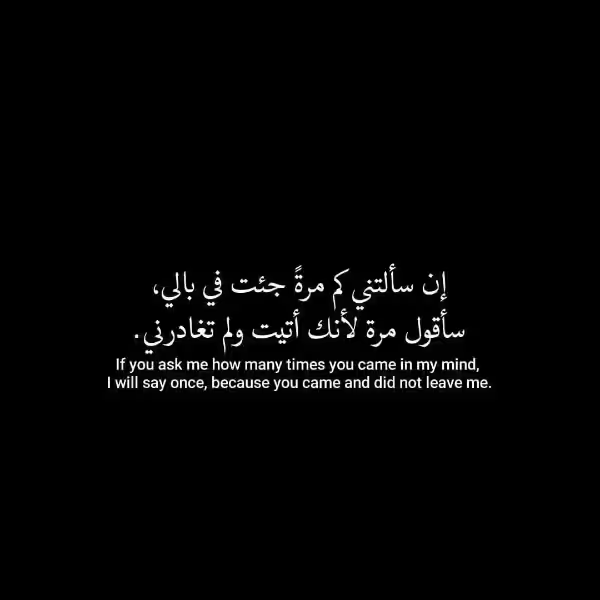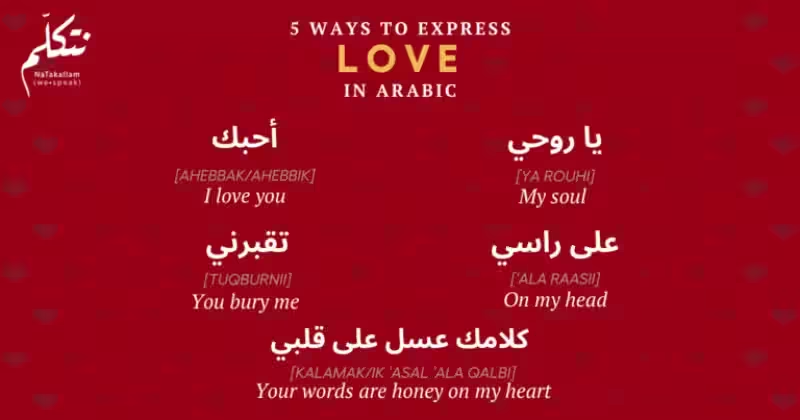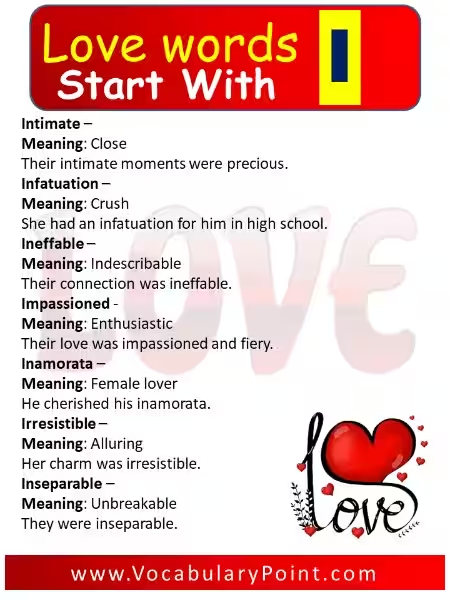
How do you express the deepest emotions of love in Arabic? This article delves into the rich and varied ways Arabs express affection, going beyond the simple “I love you.” We’ll explore how the language itself captures the complexities and nuances of love, from tender endearments to passionate declarations.
Unveiling the Nuances of Affection in Arabic
Arabic, a language steeped in poetry and rich tradition, offers a vast vocabulary for expressing love and affection. It’s not just about saying “I love you”; it’s about painting a picture with words, conveying the depth and intensity of the emotion. This nuanced approach reflects the cultural emphasis on emotional expression and the importance of meaningful communication. The language demonstrates how strong, meaningful connections are cultivated and maintained.
The expressions often go beyond the literal meaning, tapping into the cultural understanding of love and intimacy. This means understanding the nuances and the underlying context is key. For example, “I love you” can be expressed with variations that capture different degrees of affection. This highlights the ability of the language to precisely communicate the emotional context. These subtleties are what make expressing love in Arabic so powerful.
A Tapestry of Expressions: Beyond the Ordinary
Beyond the common “أنا أحبك” (ʾana ʾaḥibbuka – I love you), the Arabic language offers a treasure trove of expressions that paint a more vivid picture of the speaker’s sentiments.
Expressions of Intimacy and Devotion
- حبيبي (ḥabībī) – My love: A tender and intimate way to express affection, often used between close partners or family members. This phrase conveys a sense of closeness and endearment, often used in everyday conversations. The expression is deeply rooted in the cultural context of close-knit relationships.
- حبيبتي (ḥabībati) – My darling: Similar to ḥabībī, but specifically for a female loved one. This phrase highlights the same intimacy and endearment. The emphasis on endearment mirrors the cultural values of affection in Arabic societies, whether familial, romantic, or platonic.
- روحي (rūḥī) – My soul mate: This expression conveys a deep and lasting connection, suggesting a bond that extends beyond the present moment. It implies a profound understanding and shared essence, highlighting the commitment and lasting nature of the relationship.
- حياتي (ḥayātī) – My life: A powerful declaration of devotion, implying that the beloved is the most important aspect of the speaker’s existence. This phrase emphasizes the central role of the individual in the speaker’s life, highlighting the profound impact of the relationship.
- عيني (ʿaynī) – My eyes: A beautiful and evocative expression, mirroring the importance of the beloved in the speaker’s vision and perspective. Like “my life,” this emphasizes the profound impact of the relationship on the speaker.
Expressions of Appreciation and Longing
- ما أحلىك (mā aḥlayak) – How lovely you are: A subtle yet heartfelt expression of appreciation, highlighting the beauty and charm of the beloved. This phrase is an example of how appreciation is expressed frequently in Arabic culture.
- أَحْلَمُ بِكَ (ʾaḥlam bi-ka) – I dream of you: This expression captures the imagery of a lover in one’s thoughts, emphasizing the cherished and romantic nature of the relationship.
- يا قمر (yā qamar) – Oh moon: A poetic comparison, drawing upon a timeless image to elevate the expression of love. It evokes the beauty and shining qualities of the beloved, drawing a parallel to a celestial body.
- أَشْتَاقُ إِلَيْكَ (ʾaš-taq ‘ilayk) – I miss you: A common and universally understood expression of longing, highlighting the importance of connection and the emotional impact of absence.
Expressing Intense Devotion
- أُدْفِنُنِي (ʾudfinnī) – Bury me: This expression, while seemingly extreme, reflects an overwhelming devotion and the agonizing thought of life without the beloved. It underscores the depth of the feelings involved.
- أَنتَ/أَنْتِ حياتي (ʾanta/ʾanti ḥayātī) – You are my life: This is a powerful declaration, emphasizing the beloved’s essential role and central place in the speaker’s existence.
The Final Declaration
- أنا أحبك (ʾana ʾaḥibbuka) – I love you: A universal declaration, completing the spectrum of expressions. This concludes the spectrum of expressions, reflecting the universal nature of the emotion.
The expressions of love in Arabic go far beyond simple declarations. They are a rich tapestry woven with cultural nuances, poetic imagery, and expressions of deep affection and devotion. By understanding these different expressions, you can gain a deeper appreciation for the beauty and complexity of love in this beautiful language. Remember, context is key when using these phrases, as different expressions carry subtle nuances. This allows for more meaningful and culturally sensitive communication.
Arabic Love Phrases: FAQ
This section answers common questions about expressing love using Arabic phrases.
What is the purpose of using Arabic love phrases?
Arabic offers a rich vocabulary for expressing affection beyond the simple “I love you.” Using these phrases aims to communicate love and appreciation with more nuance and depth, particularly on special occasions. The phrases can strengthen connections with loved ones by showing emotional depth and cultural sensitivity.
Are these phrases only for romantic relationships?
No, while some phrases are commonly used in romantic contexts, many are suitable for expressing affection in platonic relationships, such as with family members or close friends. The broader concept is expressing genuine affection, regardless of the nature of the relationship.
Can you give examples of common Arabic love phrases?
Yes, here are some examples:
- حبّي (habbī): My love (used for close relationships)
- حبيبتي (habbīti): My darling (used for close relationships)
- روحي (rūḥī): My soul mate (implies a lasting bond)
- حياتي (ḥayātī): My life
- عيني (ʿaynī): My eyes (emphasizing cherished value)
- قلبي (qalbī): My heart (shows profound importance)
- ما أجملك (mā ajmalak): How lovely you are (a subtle expression of appreciation)
- أَحْلَمُ فِيكَ (ʾaḥlām fīka): I dream of you (evokes imagery of a loved one)
- يا قمر (yā qamar): Oh moon (a poetic expression of beauty)
- أُشْتَاقُ إلَيْكَ (ʾuštāq ilāyka): I miss you (expresses longing)
- أَحِبُّكَ (ʾaḥibbuka): I love you (a universal declaration of love)
How can I use these phrases effectively?
While this FAQ provides examples, the best way to use these phrases is with consideration for the specific context and relationship. Consider the tone and your audience to ensure the words convey the intended meaning effectively. Respect the nuances of the language and culture to avoid misinterpretations. Practice the pronunciation to ensure accurate expression.
What are the cultural nuances associated with these phrases?
This FAQ does not cover the cultural nuances of using these phrases as that requires a more detailed analysis of the specific context. Using these phrases requires sensitivity and understanding of the social environment to avoid misunderstandings or misinterpretations.
Are there other ways to express love in Arabic?
Yes, beyond the specific phrases, Arabs use many other expressions of endearment and affection in everyday conversation. The richness of the Arabic language allows for diverse and nuanced ways to express love.








